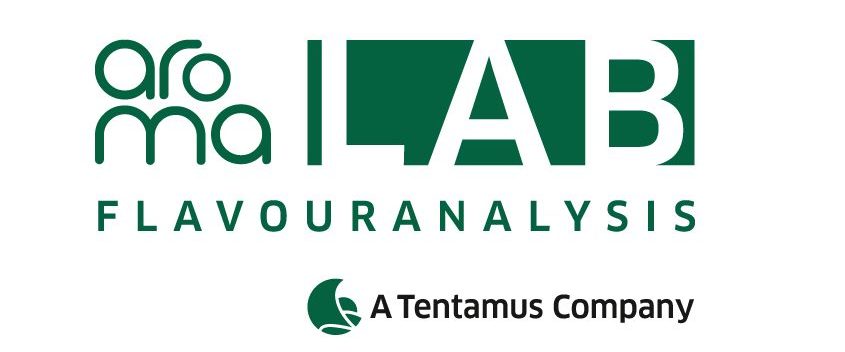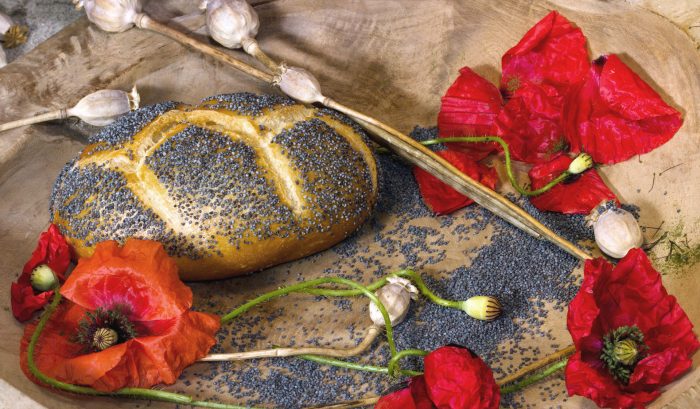Poppy seeds have a typical taste and are rich in fat and protein. That is why they are often used for bread, rolls and cakes or to obtain cooking oil. Although the seed comes from the opium poppy, from which pharmaceutically active alkaloids such as morphine or codeine are also obtained, the opium poppy naturally contains only traces of these substances.
Alkaloid content of opium poppy
However, studies on the alkaloid content of opium poppy show that the quantities vary greatly and have increased overall in recent years. The type of poppy, the time of harvest and the geographical origin could influence the alkaloid content. However, the main cause of the observed increase appears to be the contamination of the seeds with broken capsules containing alkaloids or the latex itself. Newly introduced harvesting techniques, in which the capsules are crushed and the latex that escapes could contaminate the seeds, are discussed as the reason.
In an unfavourable case, morphine can already be absorbed in the normal consumption of foods containing poppies, which are in the therapeutic range and can have the entire spectrum of undesirable effects. These include central nervous and peripheral effects such as impaired consciousness, respiratory disorders and cardiovascular effects.

Recommendation for the reduction of pharmacologically active opium alkaloids
The BfR continues to recommend that all efforts be made to reduce the levels of pharmacologically active opium alkaloids in poppy seeds to the technologically achievable minimum. Poppy contamination with opium alkaloids can also be reduced by washing, baking and grinding.

Since EFSA’s current exposure estimate also shows that, especially when poppy seeds containing high levels of opium alkaloids are consumed in people of all age groups, the BfR continues to advise against excessive consumption of foods with high levels of poppy seeds, especially during pregnancy.
EFSA
On 16 May 2018, the European Food Authority (EFSA) updated its opinion on opium alkaloids in poppy seed. EFSA confirms its 2011 acute reference dose (ARfD) of 10 μg Morphine / kg body weight and recommends that the concentration of codeine in poppy seed samples should be considered.
Source: BfR
Source: https://www.tentamus-web.com/opium-alkaloids-poppy/
